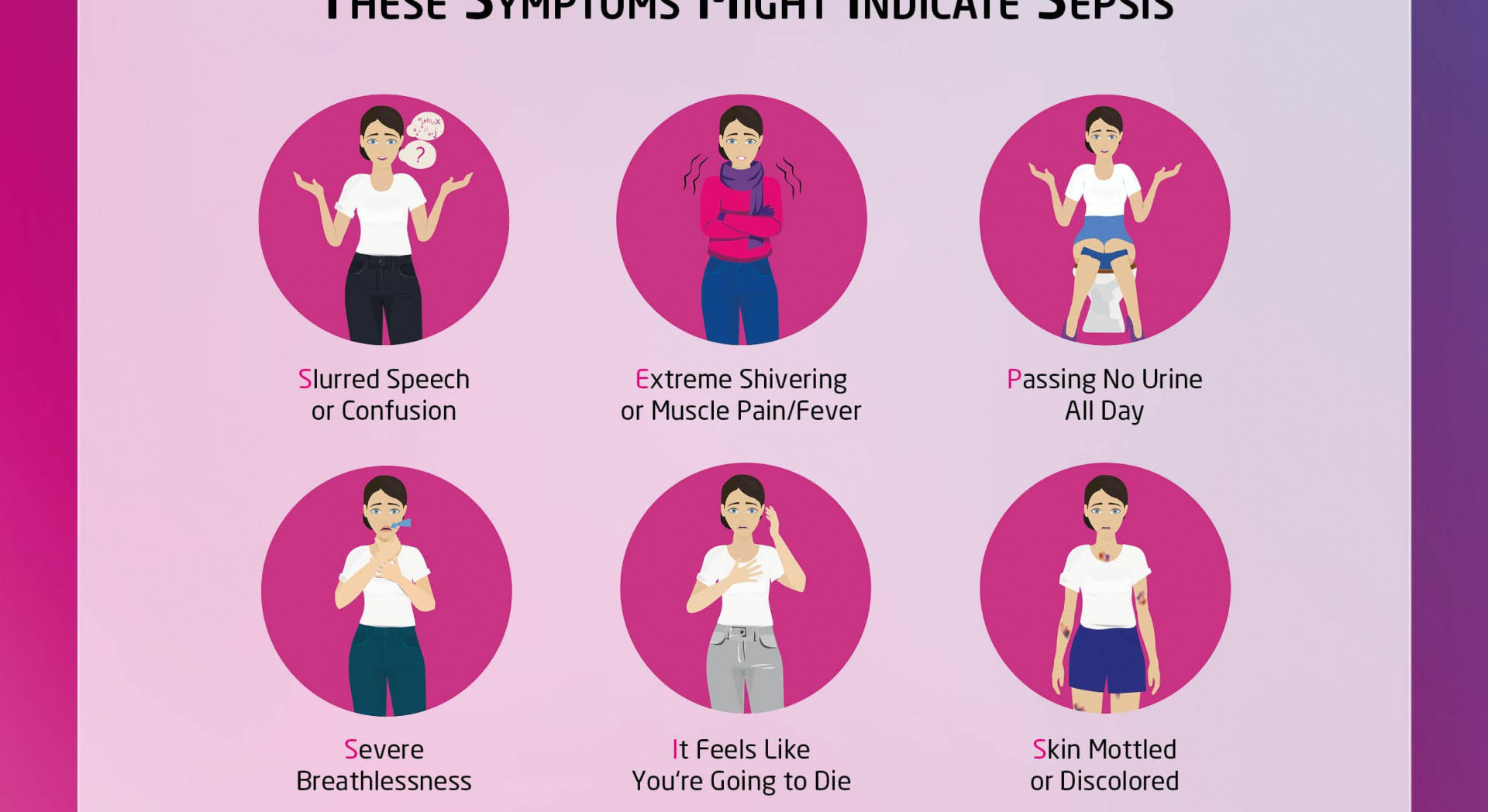Sepsis awareness and dementia
The 10th anniversary of World Sepsis Day is on the 13 September.
Our Cuimhne team at Irish in Britain would like to encourage everyone to do what they can to raise awareness of sepsis, which can affect anybody but can be harder to recognise in people living with dementia.
Sepsis (sometimes called septicaemia or blood poisoning) is a life threatening reaction to an infection.
It happens when your immune system overreacts to an infection and starts to damage your body's own tissues and organs. You cannot catch sepsis from another person.
It can affect people of all ages. It is preventable. Spotting the signs of it quickly can save lives, but it can be hard to spot.
In an adult symptoms include:
acting confused, slurred speech or not making sense
blue, pale or blotchy skin, lips or tongue
a rash that does not fade when you roll a glass over it
difficulty breathing, breathlessness or breathing very fast
NHS advice is that if you think that you or someone you look after may have above symptoms of sepsis: trust your instincts and call 999 or go to A and E.
A person may not display all these symptoms or may display other symptoms.
If you notice other symptoms such as swelling, redness or pain around a cut or wound and a very high or low temperature, feeling hot or cold to the touch, or shivering and are not sure if it is sepsis you can call 111. The person you speak to will tell you what to do, arrange a phone call from a nurse or doctor, or call you an ambulance.
Older people living with dementia may develop sepsis, for instance due to infection from a wound from a fall, or from a bedsore.
It can sometimes be more difficult to spot signs of sepsis in a person living with dementia. People may not be able to communicate easily to alert others. Confusion linked to sepsis may be mistakenly assumed to be linked to dementia.
We encourage you and help raise awareness across our community about sepsis. It is relevant to all of us and particularly so to the family, friends and carers of people living with dementia. You could:
Watch and share this short 3 minute video explaining sepsis further.
Consider taking action in a virtual or physical space to raise awareness, for instance sharing something on social media or planning a pink picnic and sepsis quiz. For ideas please see World Sepsis Day's tool kits and infographics HERE.
We can all take action to raise awareness about sepsis. Greater awareness can save lives!
